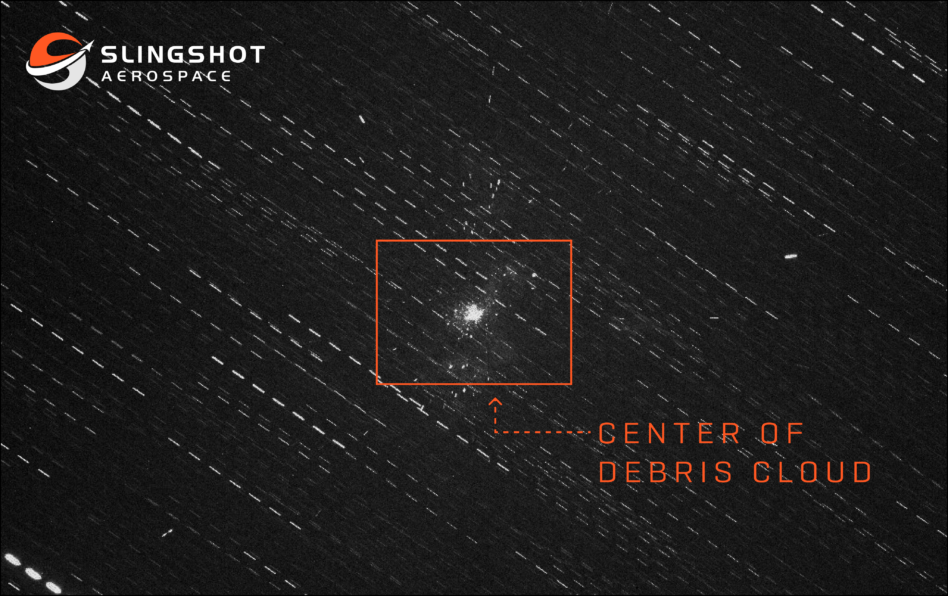Decades ago, the UN was already thinking about the risks and liability concerns raised by debris falling out of orbit. Now, as falling space debris becomes a more common occurrence, the UN’s Office for Outer Space Affairs is reminding nations that it has a process for dealing with it.
Quick reads: This month, the UN released a four-page booklet, titled “When the Sky Falls,” that succinctly lays out what countries should do if debris falls in their territory. The document recommends a five-step process, in which nations should:
- Identify the object;
- Notify the UN;
- Reach out to the launching state;
- Potentially recover the object;
- Consider a legal process for any damage claims.
“With a record 261 launches and 2,437 satellites registered in 2024, the growing volume of space activity raises the risk of uncontrolled reentries—potentially causing property damage or endangering lives,” the booklet reads.
The goal: The UN cheat sheet isn’t sharing any new information—so what’s the point in releasing it?
“The UN wants to raise awareness about space law and the rules we already have,” according to Krystal Azelton, the senior director of program planning at the Secure World Foundation. “Those mechanisms haven’t been widely used, because it wasn’t really an issue…As damage is becoming more and more common, the UN is just trying to say, ‘No, no, we have some mechanisms to deal with this.’”
Raining down: The document highlights several reentry events over the past couple years, including:
- A potential reentry in Kenya in April
- People in the Bahamas discovering several pieces of debris that same month;
- A large metal ring crashing into Kenya in December
- People finding SpaceX debris at farms in Saskatchewan, Canada last year.
The UN’s LinkedIn post, sharing the booklet, also specifically calls out Kosmos 482, a Soviet-era spacecraft that landed in the Indian Ocean this month.
“The reentry of Cosmos 482 serves as a clear reminder of the increasing importance of space sustainability, international cooperation, information sharing, and coordination of space activities where possible,” Aarti Holla-Maini, the director of the UN’s Office of Outer Space Affairs, said in a statement.
“While many of the treaties that govern how states can respond in such instances of reentry are decades old, they are now coming to life due to the proliferation of space objects launched and reentering our atmosphere.”




